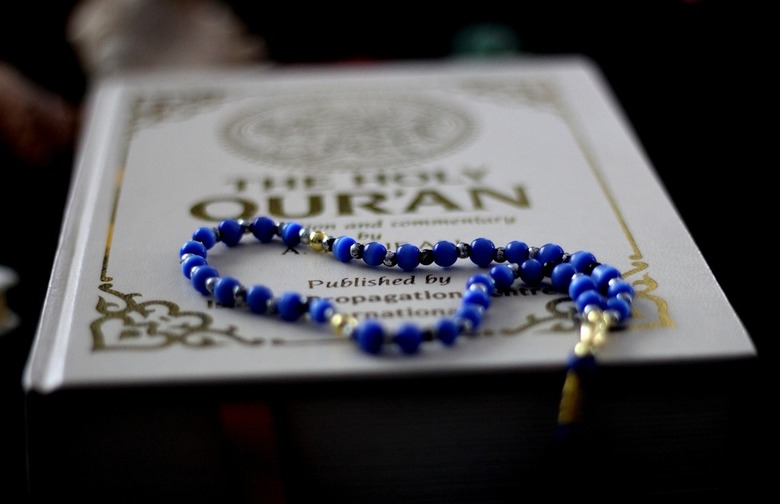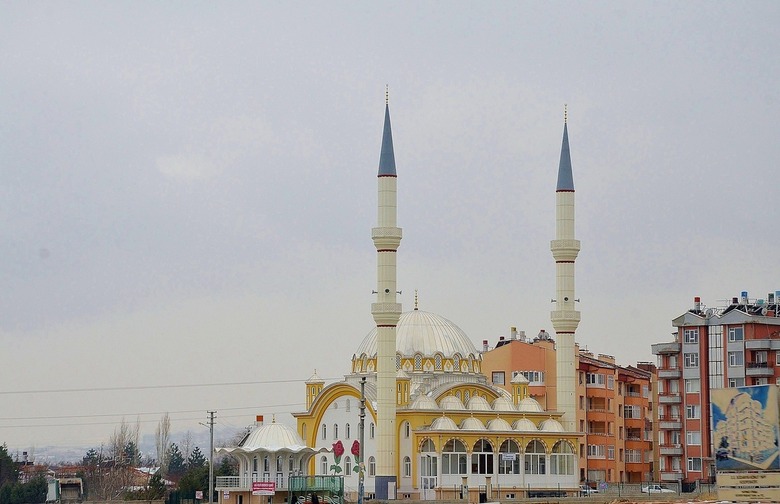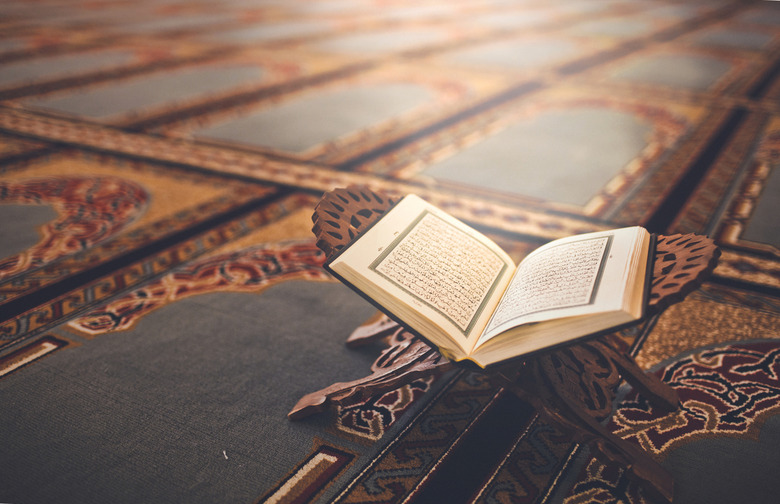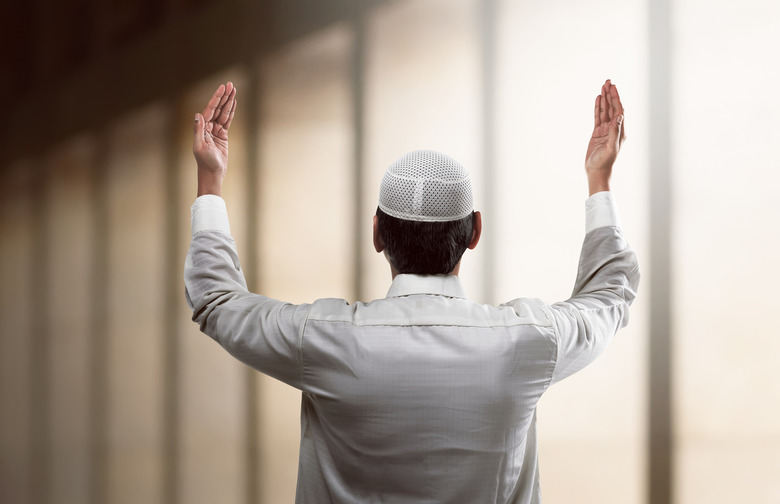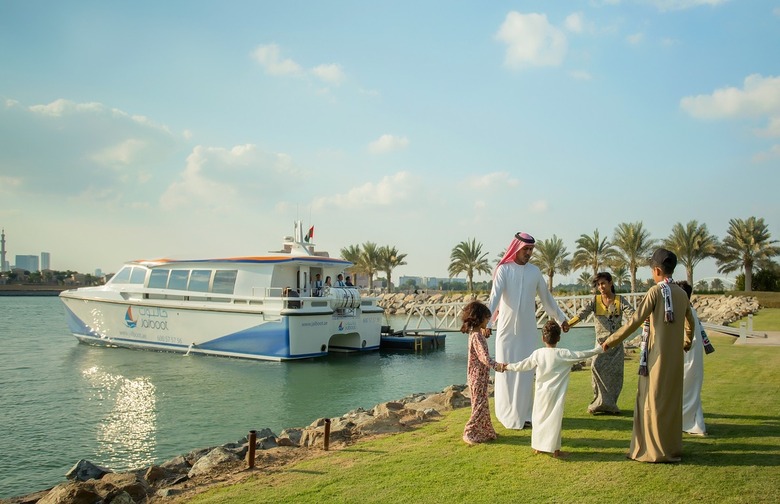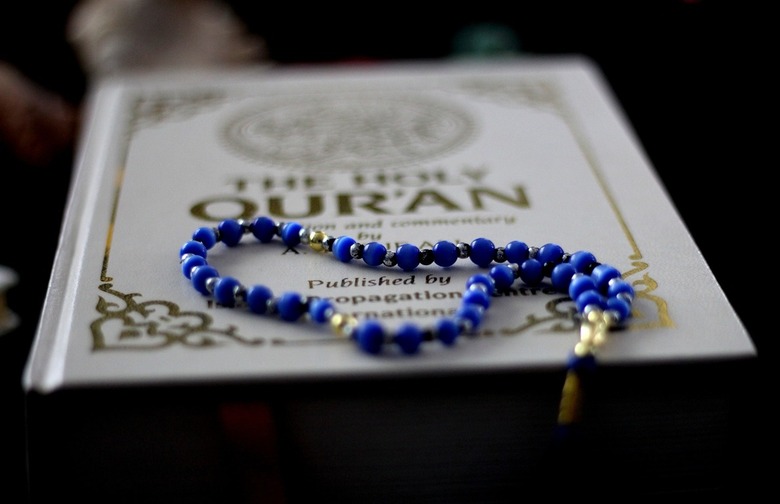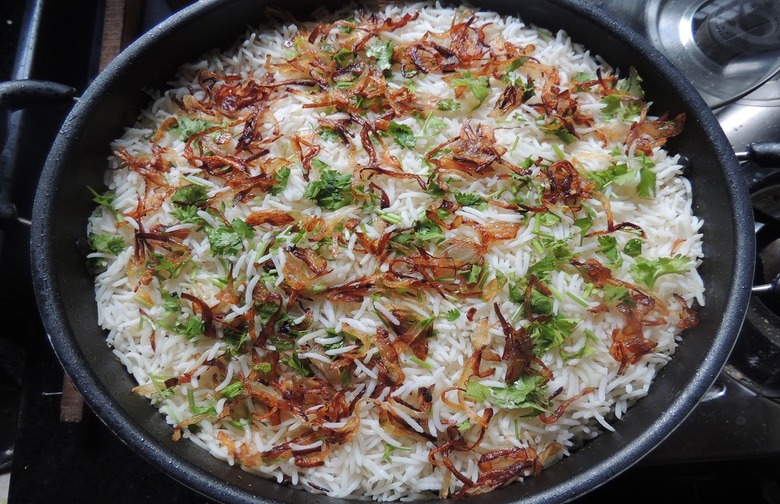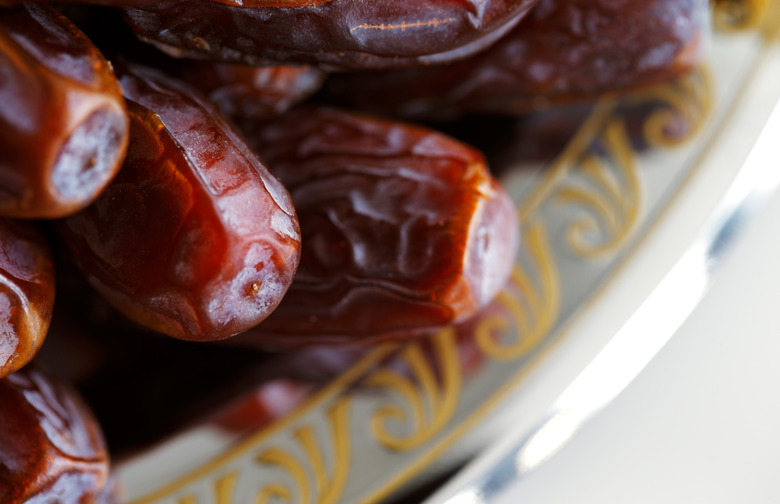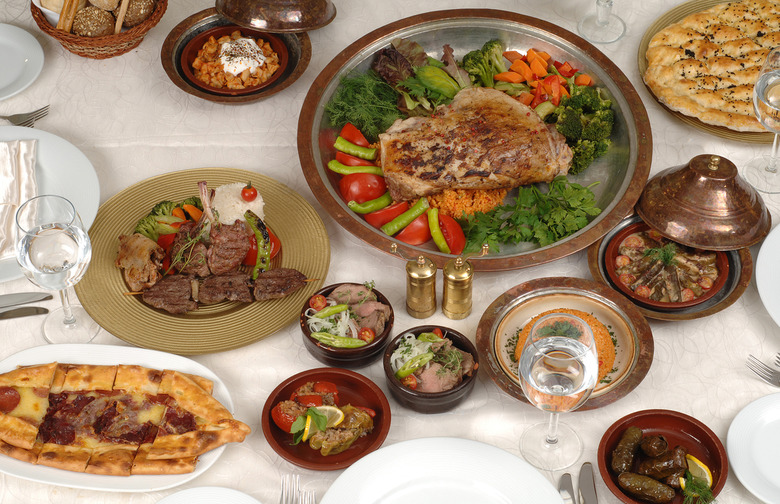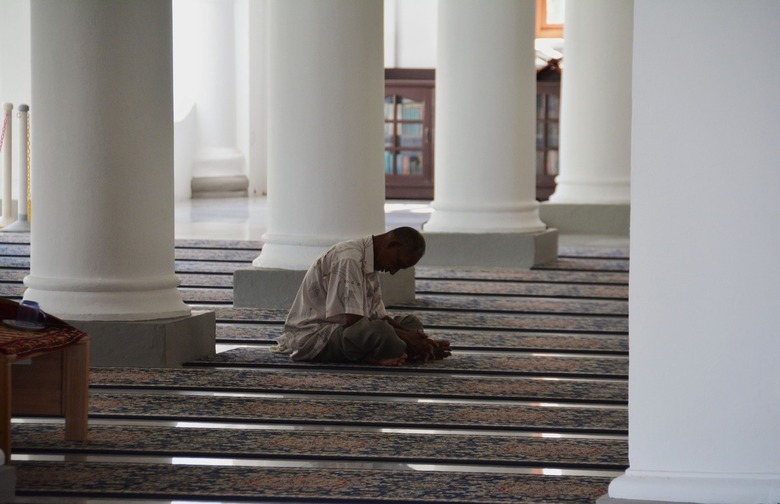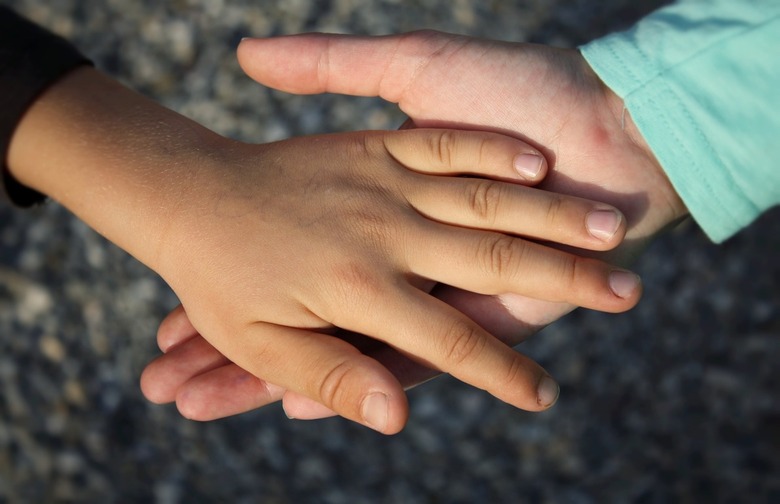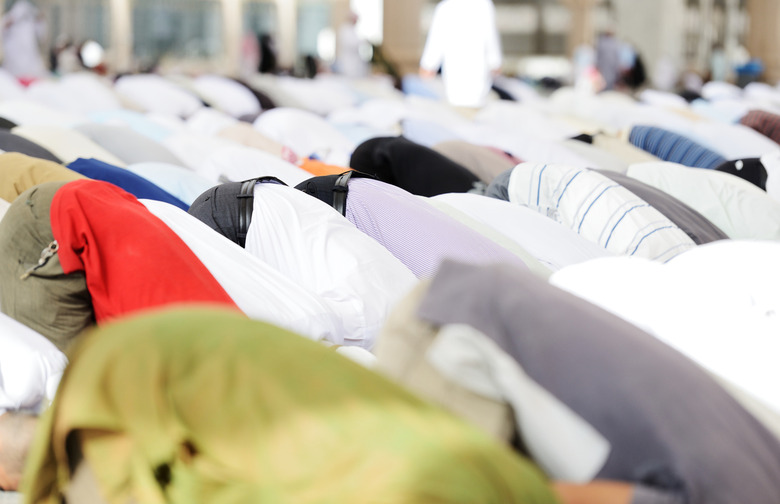What Is Ramadan And How Is It Observed?
On Sunday June 5, Muslims all around the world will begin the annual month of fasting, self-reflection, and intense prayer, which makes up Ramadan. For 30 days, all healthy Muslims will resist consuming all food and drink from dawn till dusk, pray at least five times a day, refrain from impure behavior, and increase their charitable donations and acts. It is believed that this month of restraint purifies the body and the spirit, bringing you closer to God, as all your attention is redirected away from worldly activities and onto religious ones. Here we explain what Ramadan is, why it is celebrated, and what following the rules of Ramadan really involves.
When Is Ramadan?
The dates of Ramadan are determined by the lunar Islamic calendar, which is why the timing of the celebration changes in a typical calendar every year. It is always in the ninth month of the Islamic calendar, and begins with the sighting of a new moon: This means that the celebration normally moves about 11 days every year. This year, it falls from June 5 to July 5.
Why Is Ramadan Celebrated?
The month of increased religious observance that makes up Ramadan is celebrated every year as it is thought to be the month during which Prophet Muhammed received the initial revelations that now make up the Muslim holy book, the Quran.
How Is Ramadan Celebrated?
During Ramadan, eating, drinking, smoking, and sex are forbidden from dawn until dusk, every day. Bad behavior such as cursing, gossiping, and arguing are also not allowed at any time. It is expected that you will pray at least five times a day (at the correct times), you will behave charitably, and you will give donations to those in need. Every day of Ramadan ends with a large meal to break the fast, known as Iftar, which is shared with family and friends.
Why the Fast?
Fasting from dawn till dusk for 30 consecutive days may seem like an unnecessary challenging demand of a religious holiday. However, this fast isn't intended to cause suffering: It is meant to purify the body and the spirit, to remind people how to practice self-control, and to detach them from worldly pleasures, all of which will ultimately bring the faithful closer to God.
What Does the Fast Involve?
Fasting, known as "sawm," is undertaken from sunrise to sunset throughout Ramadan. During this time, no food and drink — not even water — is allowed. This fast is one of the five pillars of Islam, and is followed by anybody who is physically well enough to do so. By refraining from food and drink for these extended periods of time, it is thought that people will be more able to focus on prayers, and will therefore receive more spiritual rewards, known as "thawab," as a result of their self-control and dedication.
Pre-Dawn Meal
Every day of Ramadan should begin with a pre-dawn meal called "Suhoor." This meal is made up of energizing, power foods, which are eaten to help sustain you throughout a day free of food and liquid.
Breaking the Fast
The fast is broken every day at sunset, before the fourth prayer of the day. Typically a sip of water and some dates will be eaten at this point, as it is believed that this is how Prophet Muhammed broke his fast.
The Evening Feast
After the fourth prayer of the day, the main evening feast, "Iftar," is enjoyed. This tends to be a huge social event, shared with family and friends. Because of the high diversity of the global Muslim population, it's hard to define a typical Iftar meal, but dishes you could expect to be enjoyed by many are lamb stewed with wheat berries, roast chicken with pilaf, and a decadent dessert of baklava and luqaimat.
Daily Prayers
During Ramadan, all Muslims must perform their five daily prayers on time. The first of these happens before dawn, and the last is late in the evening. On top of these prayers, the time before breaking the fast at sunset is often used to recite the Quran, which should be read in its entirety over the course of the month.
Charitable Acts and Donations
Voluntary giving and charitable deeds, which help others, are an important part of Ramadan. It is believed that during Ramadan, the spiritual rewards received from God are multiplied. Fasting is one way to receive these rewards, but giving to charity during this month is also thought to improve your fate decided at the Last Judgement.
Ending Ramadan: Eid al-Fitr
Ramadan ends with a three-day holiday called "Eid al-Fitr," which begins on the first day of the next lunar month, "Shawwal." This holiday begins with a fast-breaking feast and early morning prayers, and continues over the three days with special prayers, meals, and, sometimes, gifts.
